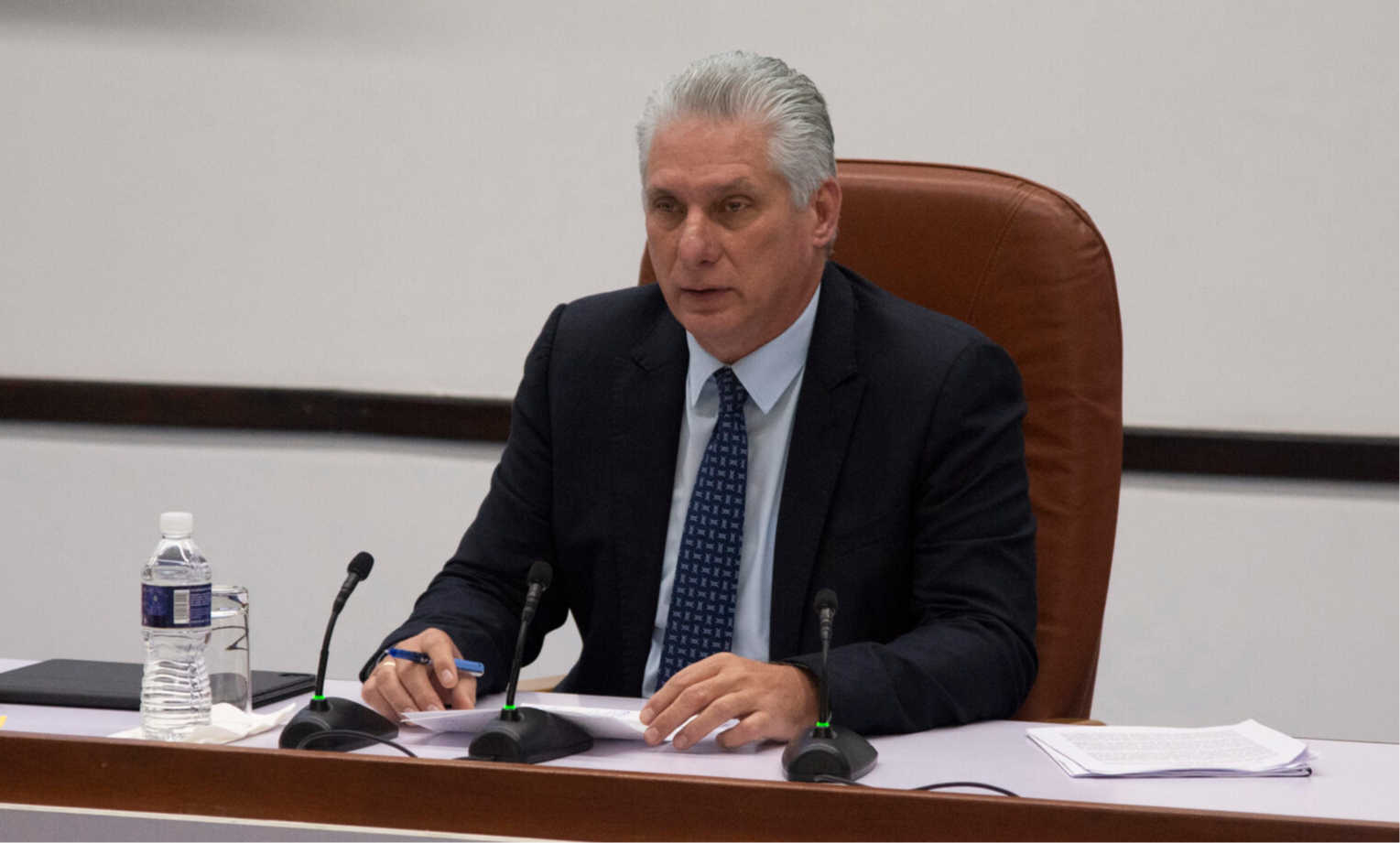
Havana, Dec 23 (RHC) The most recent session of the National Innovation Council, headed by the President of the Republic, Miguel Díaz-Canel Bermúdez, and the Member of the Political Bureau and Prime Minister, Manuel Marrero Cruz, was dedicated to housing, one of the core issues of a country with a significant deterioration of the housing fund.
After the presentation of theses on the current housing situation in Cuba and urban innovations, a debate was held in the State's consultative body, from which ideas emerged to approach housing solutions differently in 2023.
The topic of building materials occupied a large part of the monthly meeting. Knowing the objective impediments in obtaining cement and steel, Dr. Gilberto Quevedo Sotolongo of the Central University of Las Villas (UCLV), called for seeking ways to bring to an industrial scale the production of primary inputs, the result of scientific creation in Cuban universities.
Dr. Quevedo also insisted on resuming and updating the microbrigade movement and stressed that "if we want to leap housing construction it is necessary to recover the capacity of the prefabrication plants".
Regarding construction materials, another professor from Villa Clara, Fernando Martirena Hernandez, leader of research on ecological cement and promoter of local workshops of construction materials, called attention to the urgency of rigorous criteria and validation to decide on the projects that are executed.
The Director of the Center for Research and Development of Structures and Materials (CIDEM) of the UCLV, referred to the priority that materials have over concepts, planning, and design, "if we do not have the materials we cannot build and those materials have to be adequate viable low cost".
Dr. Vilma Hidalgo de Los Santos, from the University of Havana, enunciated during her speech a series of financing mechanisms that could be taken to a real estate fund, such as corporate profits, liquidity immobilized by insurance companies, the 1% contribution of companies, commercial and cooperative societies to the local contribution, the collection of fines for urban infractions, rents of state assets to foreigners.

Prime Minister of Cuba, Manuel Marrero Cruz. Photo: Estudios Revolución.
The specific architectural design and the holding of contests for that purpose, the economic valuation of land, and the need for urban planning discipline, were other topics discussed with a critical sense in the meeting that lasted more than 2 hours.
After listening to the country's most eminent voices on construction, urban planning, and housing issues, President Diaz-Canel reflected on the impact of concentrating all the innovations in an area of new development, which could serve as an inspiration to other areas of the country.
The Head of State considered the debate held by the members of the National Innovation Council, with whom he shared reflections on manufacturing, taking into account the island's vulnerability to hurricanes.
Regarding the production of materials, he acknowledged that it is necessary to finish the industrial production of construction materials obtained in Cuban universities, as in the case of ecological cement.
He also proposed to extend these discussions to the Temporary Working Group that elaborates on the Housing Policy and Law and to the Technical Advisory Councils of the Ministry of Construction and the Institute of Territorial Planning and Urbanism.
In conclusion, Díaz-Canel emphasized that he aspires to harmony between housing, habitat, urban planning, environment, beauty, and design, without renouncing the welfare of the population, he stressed . (Source: Radio Rebelde)

